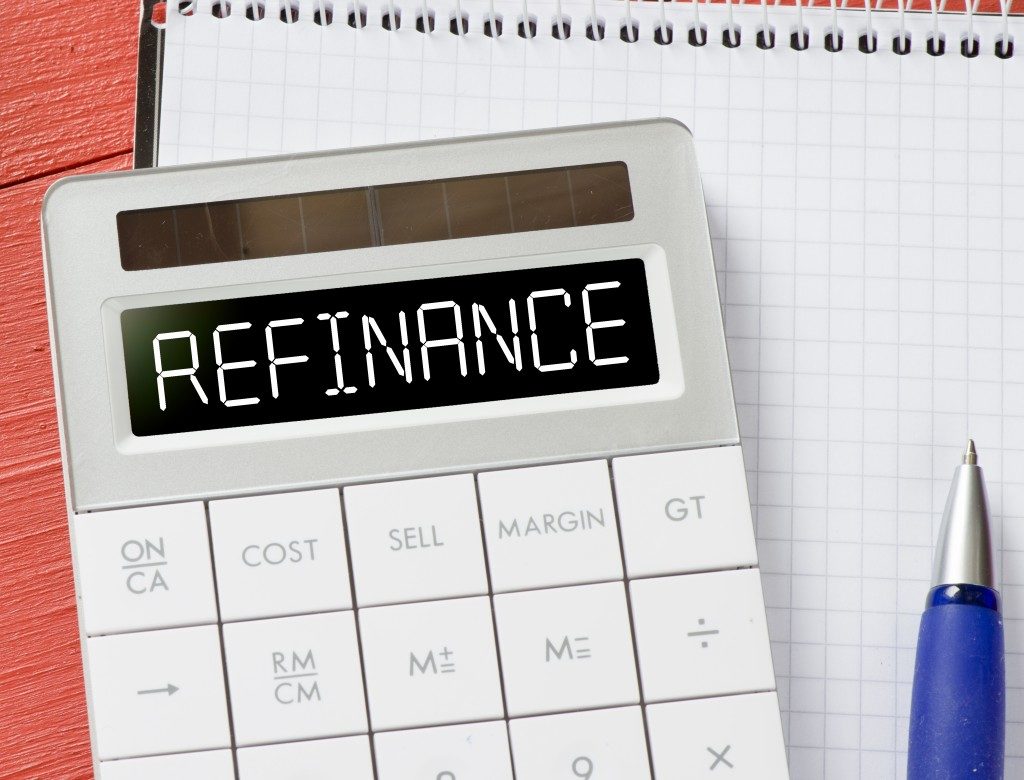Refinancing a mortgage is more than just replacing an old loan with a better, new one. With strategy, it allows you to achieve your current and future financial goals.
However, doing a refinance in Lehi or any American city is not without undesirable effects. It resets the amortization calendar, entails an entirely fresh set of closing costs, and reduces a credit score, although just to a small extent and in a short period.
You can make a mortgage refinance work to your advantage, but only one offers the most benefits with the least disadvantages. Before we shed light on it, let us explore the other popular, albeit less beneficial, reasons for refinancing below:
Interest Rate Reduction (Alone) Might Not Be Worth the Trouble
The number one motivation for refinancing a mortgage is to snag a lower interest rate. It is a realistic objective if your borrower profile has improved since the time you applied for your current home loan and if better mortgage rates are available.
Paying for less interest can save you money only if you keep your loan long enough to see some savings. That is why you need to identify the exact break-even point to know when that month is going to be.
In addition to the difference in monthly mortgage payments, consider the closing costs when doing the math to determine the said break-even point accurately.
Rate Reset Avoidance Can Provide Nothing but Security
Shrewd homeowners have an adjustable-rate mortgage (ARM) or a hybrid mortgage, an adjustable-rate loan with a fixed-rate introductory period, pursue a refi to get a full-blown fixed-rate investment before the first rate adjustment kicks in. While there is a cap defining the maximum rate limit, there is no telling how much the new monthly mortgage payment will be until the reset takes effect.
What many homeowners do not realize when doing this strategy is forgetting that the interest of fixed-rate mortgage is generally higher than that of ARMs. There is a good chance that you might not get an interest rate as low as your current one when you refinance, so you might begin paying for more monthly except it is going to be immune to market forces going forward.
Debt Consolidation Decreases Home Equity

A cash-out refinance also involves tapping the available home equity to obtain instant cash. Many homeowners look for the product because it is a convenient source of extra funds that can be used for whatever purpose.
While it is helpful to get a lower-rate mortgage and to be more liquid at the same time, it is a dangerous practice. The risk stems from touching your home equity, which will make your mortgage more vulnerable to becoming underwater when property prices drop significantly.
When Is Mortgage Refinancing Least Negatively Impactful?
A refinance is most advantageous when you shorten your loan term. Yes, it can increase your monthly mortgage payment, but it maximizes your interest savings since you will be paying your new loan with less time. A lender might feel compelled to provide you a lower interest rate since short-term mortgages are inherently less risky.
Refinance your mortgage the way you think fit. What matters is you understand the pros and cons of your decision to make the most out of your new home loan.




